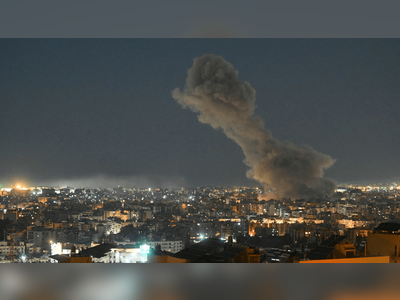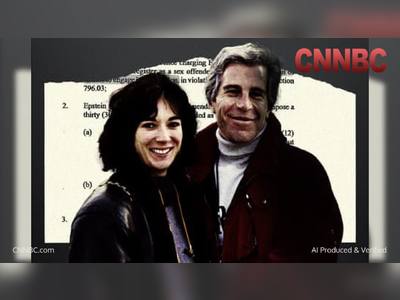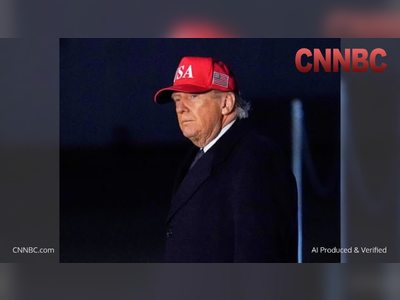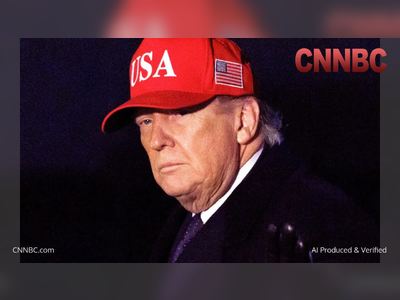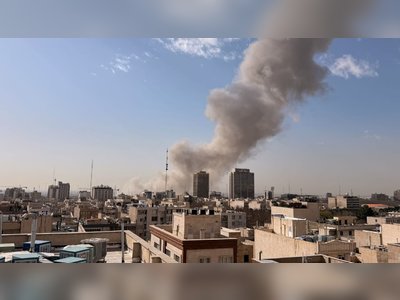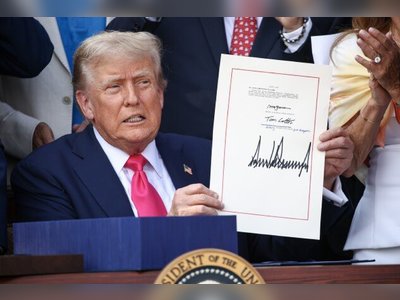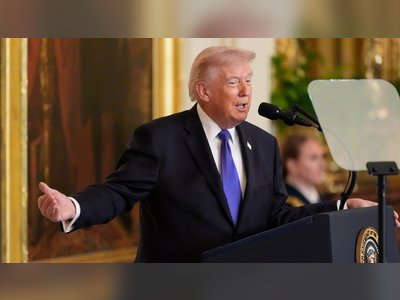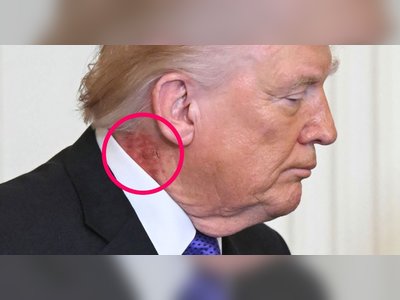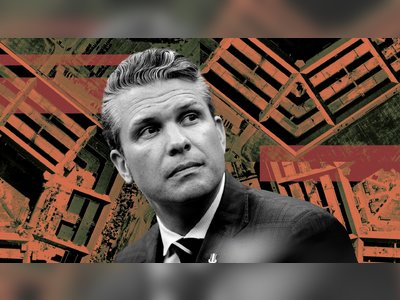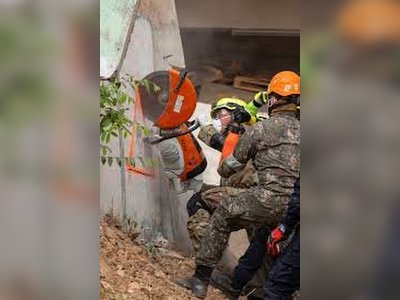
Brazilian Judiciary Bars Bolsonaro from Attending Trump’s Inauguration Amidst Coup Plot Allegations
Jair Bolsonaro, embroiled in legal challenges and accused of conspiring to undermine Brazilian democracy, denied travel permission amidst ongoing investigations.
A Brazilian court has quashed former President Jair Bolsonaro’s bid to travel to the United States for Donald Trump’s presidential inauguration, as investigations into his alleged involvement in a coup plot intensify.
Bolsonaro, who governed Brazil from 2019 to 2023, remains under scrutiny as authorities dig deeper into accusations of a conspiracy aimed at disrupting Brazil’s democratic processes.
In a recent decision, Judge Alexandre de Moraes rejected Bolsonaro’s plea for the return of his passport, which was confiscated by federal police amid concerns that the former leader might use the document to escape potential prosecution.
This decision reflects the gravity of the charges against him — part of a wider investigation already resulting in formal accusations against nearly 40 individuals, including attempts to prevent the current President Luiz Inácio Lula da Silva from assuming office.
Bolsonaro’s lawyers had argued for a brief, six-day travel pass, citing the significant personal desire of witnessing Trump's inauguration, an event Bolsonaro described with enthusiasm in an interview with the New York Times.
However, Brazilian authorities, including prosecutor general Paulo Gonet, maintained that the risk of Bolsonaro evading justice outweighed his personal interests.
A comprehensive 884-page report by federal police lays out the depth of Bolsonaro's involvement in the alleged coup plot, claiming he took an instrumental role in orchestrating a plan that aimed to either kidnap or assassinate key political figures.
Bolsonaro, who has already faced a ban on running for public office until 2030 due to spreading misinformation, vehemently denies these accusations, contending that he is being unjustly targeted.
Eduardo Bolsonaro, Jair Bolsonaro’s congressman son, is expected to represent his father at the inauguration.
Eduardo, considered a potential heir in Brazil’s political landscape and a possible candidate for the presidency in the 2026 elections, has publicly decried the charges against his father as politically motivated 'lawfare'.
As Brazil grapples with these political upheavals, Bolsonaro's challenges highlight the enduring complexities of political accountability and the fight to safeguard democratic institutions in the face of internal threats.
The developments not only resonate within Brazil but also echo globally as countries observe how emerging democracies counteract political subversion.
Bolsonaro, who governed Brazil from 2019 to 2023, remains under scrutiny as authorities dig deeper into accusations of a conspiracy aimed at disrupting Brazil’s democratic processes.
In a recent decision, Judge Alexandre de Moraes rejected Bolsonaro’s plea for the return of his passport, which was confiscated by federal police amid concerns that the former leader might use the document to escape potential prosecution.
This decision reflects the gravity of the charges against him — part of a wider investigation already resulting in formal accusations against nearly 40 individuals, including attempts to prevent the current President Luiz Inácio Lula da Silva from assuming office.
Bolsonaro’s lawyers had argued for a brief, six-day travel pass, citing the significant personal desire of witnessing Trump's inauguration, an event Bolsonaro described with enthusiasm in an interview with the New York Times.
However, Brazilian authorities, including prosecutor general Paulo Gonet, maintained that the risk of Bolsonaro evading justice outweighed his personal interests.
A comprehensive 884-page report by federal police lays out the depth of Bolsonaro's involvement in the alleged coup plot, claiming he took an instrumental role in orchestrating a plan that aimed to either kidnap or assassinate key political figures.
Bolsonaro, who has already faced a ban on running for public office until 2030 due to spreading misinformation, vehemently denies these accusations, contending that he is being unjustly targeted.
Eduardo Bolsonaro, Jair Bolsonaro’s congressman son, is expected to represent his father at the inauguration.
Eduardo, considered a potential heir in Brazil’s political landscape and a possible candidate for the presidency in the 2026 elections, has publicly decried the charges against his father as politically motivated 'lawfare'.
As Brazil grapples with these political upheavals, Bolsonaro's challenges highlight the enduring complexities of political accountability and the fight to safeguard democratic institutions in the face of internal threats.
The developments not only resonate within Brazil but also echo globally as countries observe how emerging democracies counteract political subversion.

